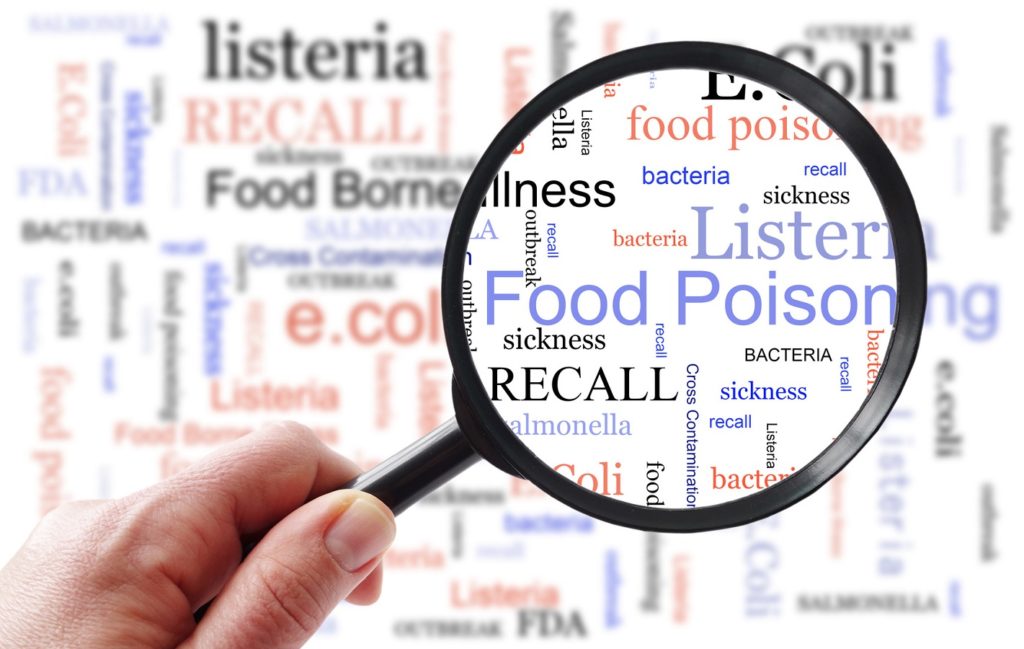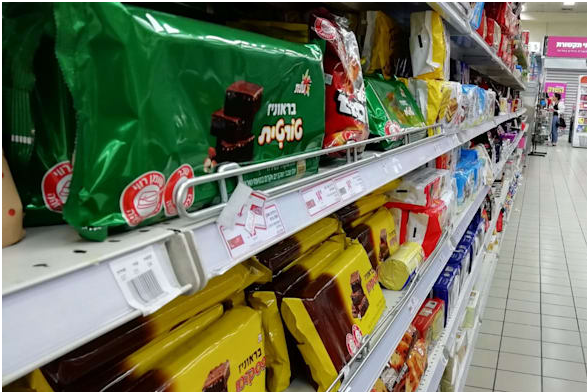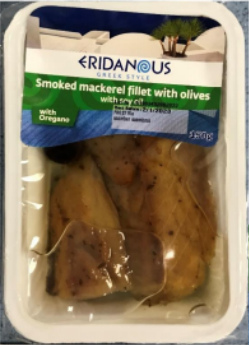The FDA reported that Tai Phat Wholesalers, LLC (Capitol Heights, MD) recalled 4 types of packages of its “Three Coins Dried Mushrooms” because they could potentially be contaminated with Salmonella. The products came in a sealed clear plastic package, sliced and whole. The recalled Dried Mushrooms were distributed in specialty retail stores in the following states: Florida, Georgia, Kentucky, Maryland, Massachusetts, Minnesota, Mississippi, New Hampshire, New Jersey, New York, North Carolina, Pennsylvania, South Carolina, Tennessee, and Virginia. No illnesses have been reported to date in connection with this problem. The potential for contamination was noted after routine testing by the Maryland Department of Health of items bought at a retail store that revealed Salmonella in some packages of “Three Coins Dried Mushrooms.” Sales of the product were suspended while MDH and the company continued investigating the problem’s source. @ https://www.fda.gov/safety/recalls-market-withdrawals-safety-alerts/tai-phat-wholesalers-llc-recalls-three-coins-dried-mushrooms-because-possible-health-risk




